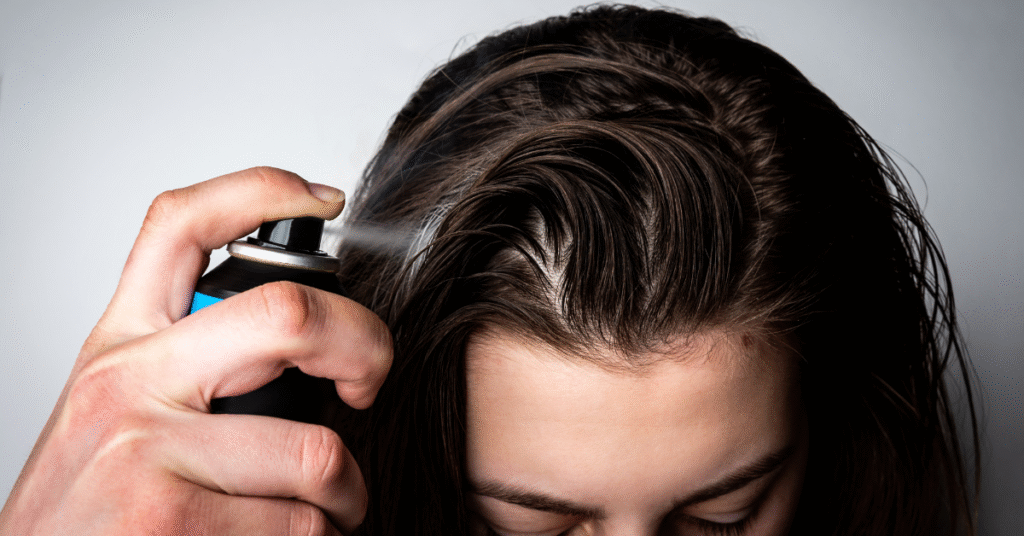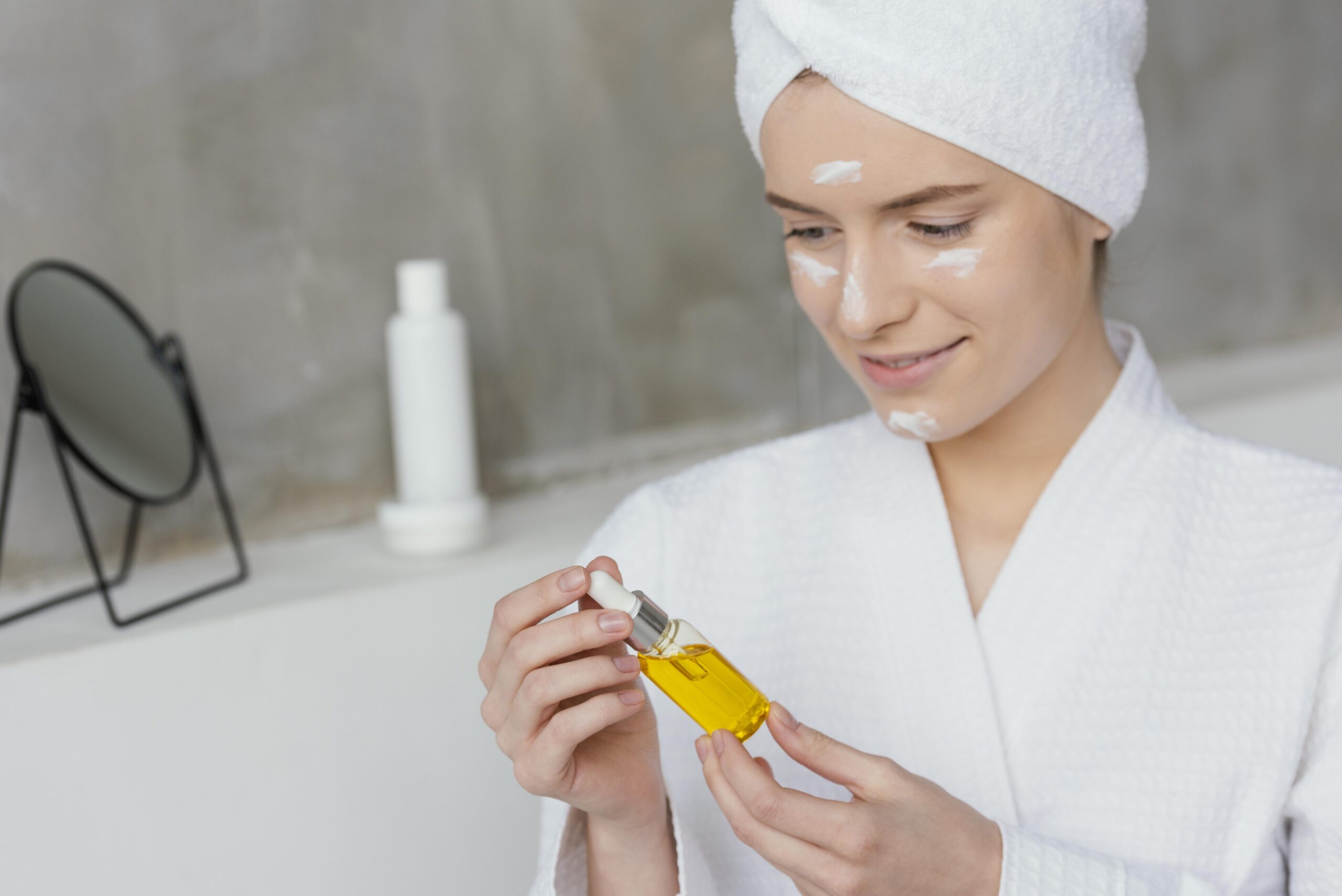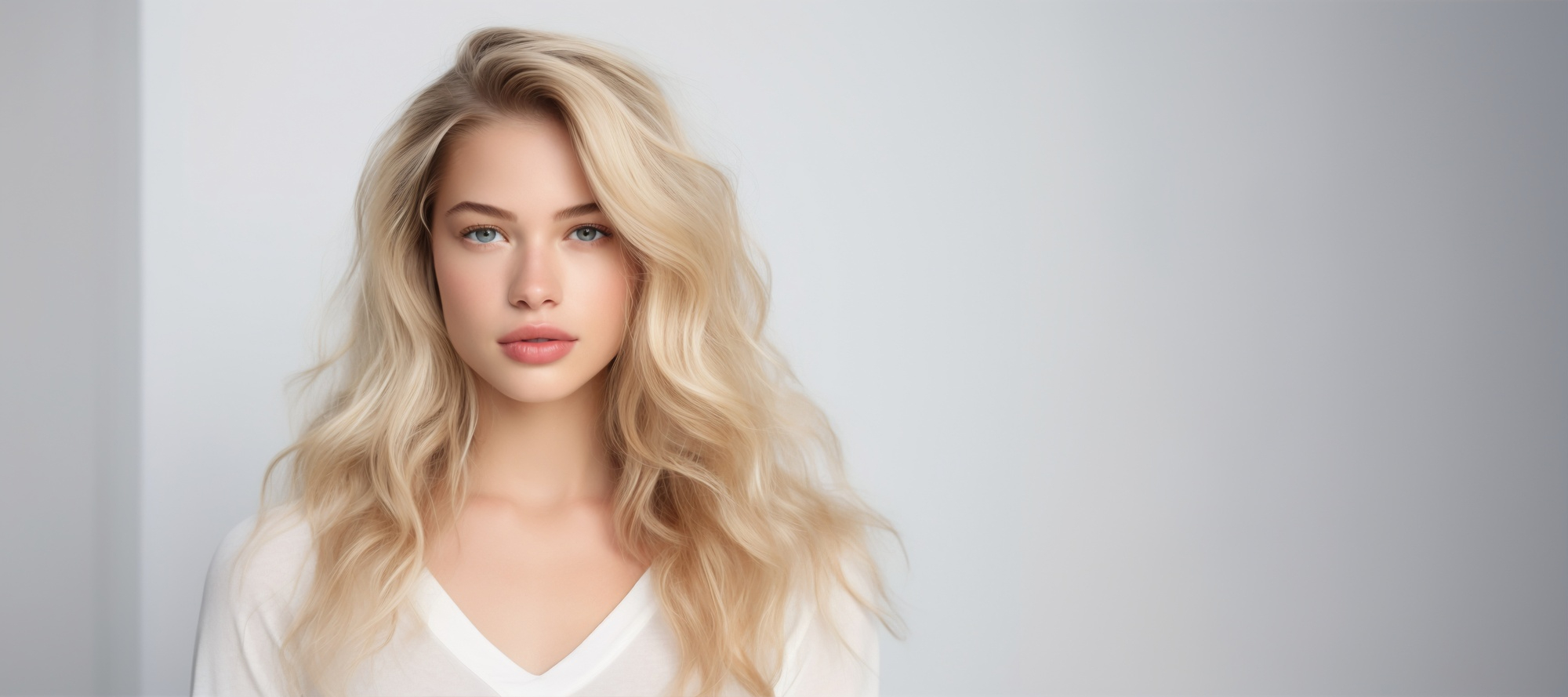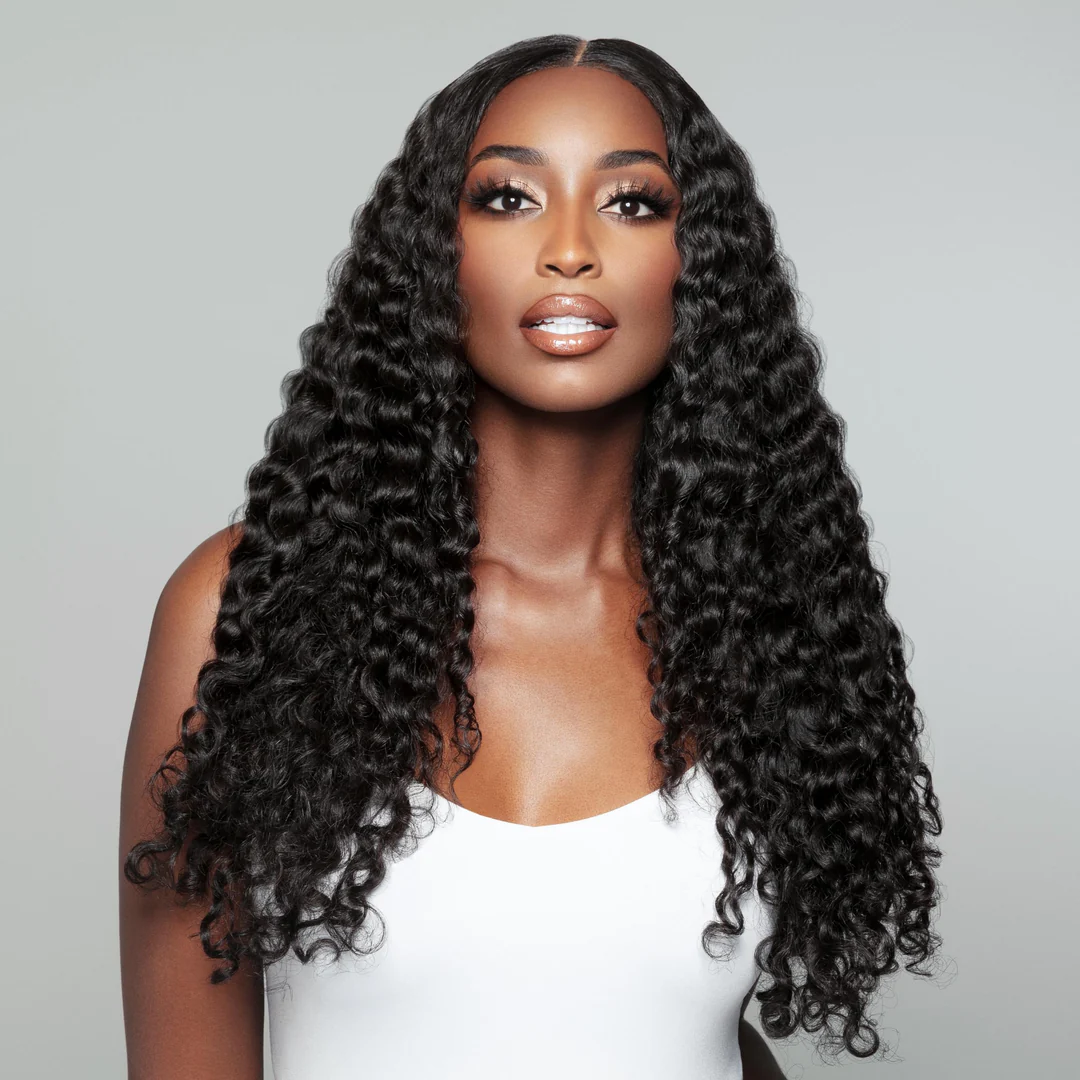Dry shampoo has become a go-to solution for many people who want fresh-looking hair without washing it daily. It’s a powder or spray product that helps absorb excess oil from your scalp, making your hair look clean and voluminous. Whether you’re running late or just want to extend your hairstyle, dry shampoo can be a convenient fix.
Understanding Greasy Hair
Greasy hair happens when your scalp produces too much oil, also called sebum. This can be caused by hormones, genetics, your diet, or how often you touch or brush your hair. People with fine or straight hair tend to have oilier roots because the oil travels down the hair shaft faster. Managing oily hair can be frustrating, especially when it looks dirty just a day after washing.
How Dry Shampoo Works
Best Dry shampoo doesn’t clean your hair like regular shampoo. Instead, it contains ingredients like starch, clay, or alcohol that soak up oil and sweat from your scalp. When you spray or sprinkle it on your roots, it gives your hair a fresher and less greasy appearance without using water. It also adds texture and body to limp or flat hair.
Benefits of Using Dry Shampoo
One of the biggest benefits of dry shampoo is that it saves time. You can skip a hair wash and still look presentable. It’s also perfect for refreshing your hair after a workout or before a night out. Dry shampoo adds volume, which is great for thin or flat hair. It also helps preserve hairstyles like blowouts or curls for longer.
Is It Effective for Greasy Hair?
Yes, dry shampoo is effective for greasy hair, especially when you need a quick fix. It won’t completely remove dirt or buildup, but it does a good job of absorbing oil and making your hair look less oily. However, the results are temporary, and it’s best used between regular washes.
Best Dry Shampoos for Greasy Hair
Some of the best dry shampoos for greasy hair include:
- Batiste Dry Shampoo: Affordable and comes in many scents.
- Living Proof Perfect Hair Day: Lightweight and doesn’t leave white residue.
- Klorane Dry Shampoo with Oat Milk: Gentle and great for sensitive scalps.
- Dove Refresh + Care: Budget-friendly with a clean, fresh smell.
These products are highly rated and work well for managing oily roots.

How to Use Dry Shampoo Correctly
To use dry shampoo properly, start by shaking the bottle. Hold it about 6 to 8 inches away from your head and spray directly at the roots. Focus on oily areas, like the crown and hairline. Wait a few minutes so the product can absorb oil. Then, use your fingers or a brush to work it through your hair and remove any excess.
Does It Replace Regular Washing?
No, dry shampoo does not replace real shampoo. It helps you go an extra day or two without washing, but your scalp still needs to be cleaned. Regular washing removes dirt, oil, and product buildup that dry shampoo cannot. For healthy hair, it’s important to shampoo and condition your hair regularly.
Side Effects and Risks
Using dry shampoo too often can lead to product buildup on the scalp. This can clog your pores, cause itching, dandruff, or even hair thinning over time. If you notice irritation or flakiness, it’s a sign that your scalp needs a proper wash. Always use dry shampoo in moderation to avoid these problems.
Alternatives to Dry Shampoo
If you’re out of dry shampoo or prefer natural options, there are a few alternatives. Baby powder or cornstarch can help absorb oil, though they can be messier. Oil-blotting sheets or hair wipes can also freshen your scalp. Apple cider vinegar mixed with water in a spray bottle works as a gentle, natural cleanser.
Tips for Managing Oily Hair Naturally
To manage greasy hair naturally, use a gentle, sulfate-free shampoo and don’t overwash, as this can cause your scalp to produce more oil. Avoid touching your hair too much, as oils from your hands can transfer to your strands. Rinse your hair with cool water to help seal the cuticle. Also, eat a balanced diet rich in vitamins and drink plenty of water.
Myths About Dry Shampoo Busted
There are many myths about dry shampoo. One common myth is that it cleans your hair. It doesn’t — it just absorbs oil. Another myth is that using it daily is fine. Overuse can cause buildup and scalp issues. Also, using more dry shampoo doesn’t mean better results; a little goes a long way.
What Experts Recommend
Hair experts and dermatologists recommend using dry shampoo no more than 1–2 times per week. It’s best as a quick solution, not a long-term replacement for shampoo. Always wash your hair thoroughly after a few uses to remove buildup and keep your scalp healthy. If you have scalp issues, it’s best to consult a dermatologist before regular use.
If you want to read our blogs, click here.

Conclusion
So, does dry shampoo really work for greasy hair? Yes — it’s a helpful product when used correctly and in moderation. It absorbs oil, adds volume, and refreshes your look instantly. However, it doesn’t clean your hair and shouldn’t replace regular washing. Combine dry shampoo with proper hair care for the best results.
For more information, follow us on our Facebook page!
FAQs
Can I use dry shampoo every day?
It’s not recommended to use dry shampoo daily. Too much can clog hair follicles and cause scalp problems. Stick to using it once or twice a week.
What’s the best dry shampoo for fine hair?
For fine hair, use a lightweight dry shampoo like Living Proof or IGK Jet Lag, which won’t weigh your hair down or leave residue.
Can dry shampoo make my scalp itch?
Yes, especially if it builds up or contains ingredients your scalp reacts to. Always wash your hair regularly to avoid itching and irritation.
Will dry shampoo cause hair loss?
Dry shampoo doesn’t directly cause hair loss, but buildup can clog follicles and lead to thinning if not cleaned properly.
Can I use baby powder instead of dry shampoo?
Yes, baby powder can absorb oil similarly to dry shampoo. However, it may be messy and some types contain talc, which many people avoid.





